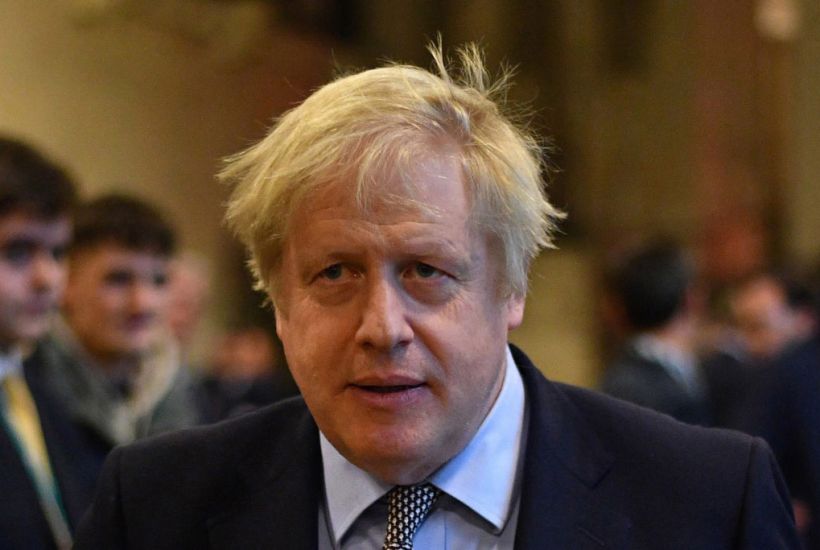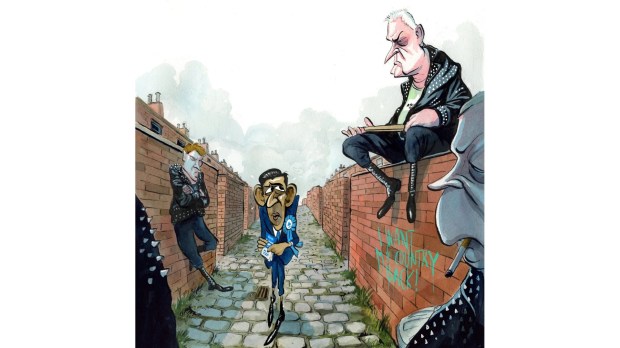Now that the Withdrawal Agreement Bill has received royal assent and become law, the UK will leave the EU at the end of the month. Attention in Westminster has turned to the next stage of the Brexit negotiations. In No. 10 there is a desire to de-dramatise the upcoming trade talks and avoid a day-to-day commentary. The biggest challenge lies in getting the EU to agree to No. 10’s vision for trade between the UK and EU. However, the election result means that Johnson can focus on this task and pursue a strategy in a way that Theresa May could not.
The fact that Boris Johnson has a majority of 80 means there will be much less attention on whether what is agreed will please individual MPs or can pass the Commons. Figures in No. 10 think the improved situation in parliament means the Commons will not be a distraction in these talks. If Johnson and his team green light a deal or even fail to, it would take something very big indeed to make enough Tory MPs think twice about going against the government line.
There will also be a change in attitude on business. When it comes to getting business on board with the government’s Brexit plan, Johnson’s team are adopting a very different approach to May’s. As I write in the i paper this week, No. 10 don’t see the responsibility for making a success of Brexit as fully on them. Where Theresa May would spend her time trying to reassure businesses and win them around, this Government sees the ball as in the court of UK business.
The Government message is that things are going to change and businesses need to adjust to that. In an interview over the weekend, Chancellor Sajid Javid said there would be ‘no alignment’ with the EU. While he has since given mixed signals on what level of divergence, Downing Street is adamant that the ability to diverge will be key to any deal. By being vocal in the plans to move in this direction, the view in No. 10 is that clarity of direction ought to be helpful even if it’s not businesses’ first choice.
On immigration, a row is brewing over the Government’s plans to impose new restrictions on low-skilled migrants moving to Britain after the Brexit transition period ends. May had promised a temporary extension of the current rules until 2023. However, this Government feels no urge to dance to the tune of big business and instead plans to set the rules.
A lot of these things are unlikely to be the strategies Theresa May would have pursued even had she been able to. What Johnson’s current political capital gives his government is choice.
Got something to add? Join the discussion and comment below.
Get 10 issues for just $10
Subscribe to The Spectator Australia today for the next 10 magazine issues, plus full online access, for just $10.




















Comments
Don't miss out
Join the conversation with other Spectator Australia readers. Subscribe to leave a comment.
SUBSCRIBEAlready a subscriber? Log in